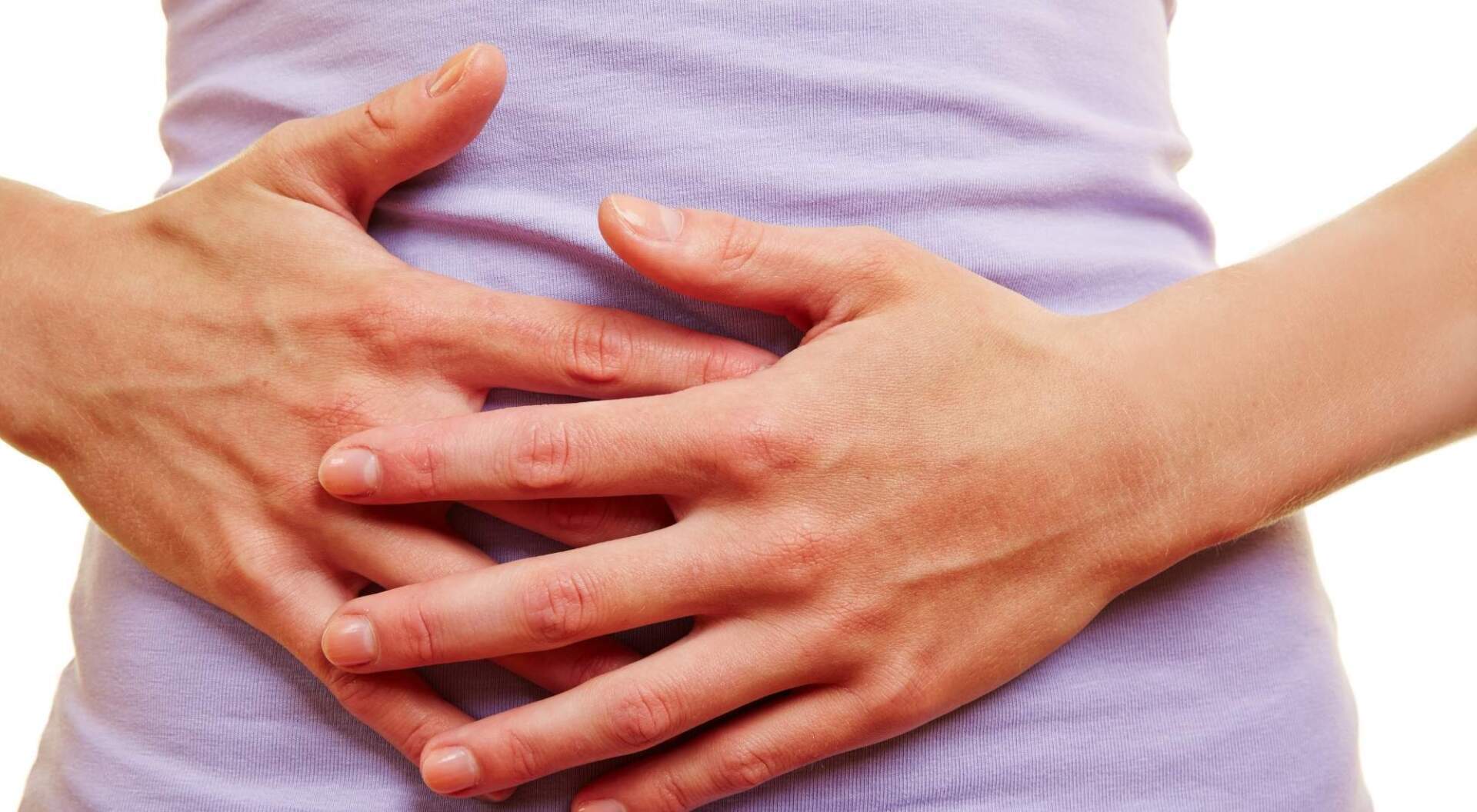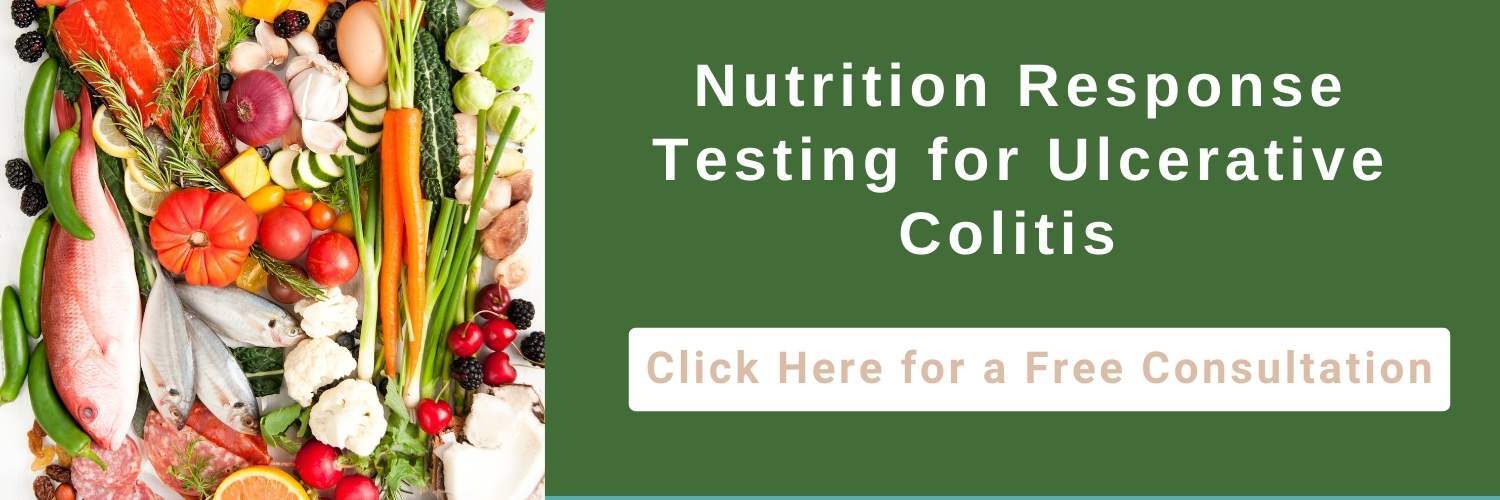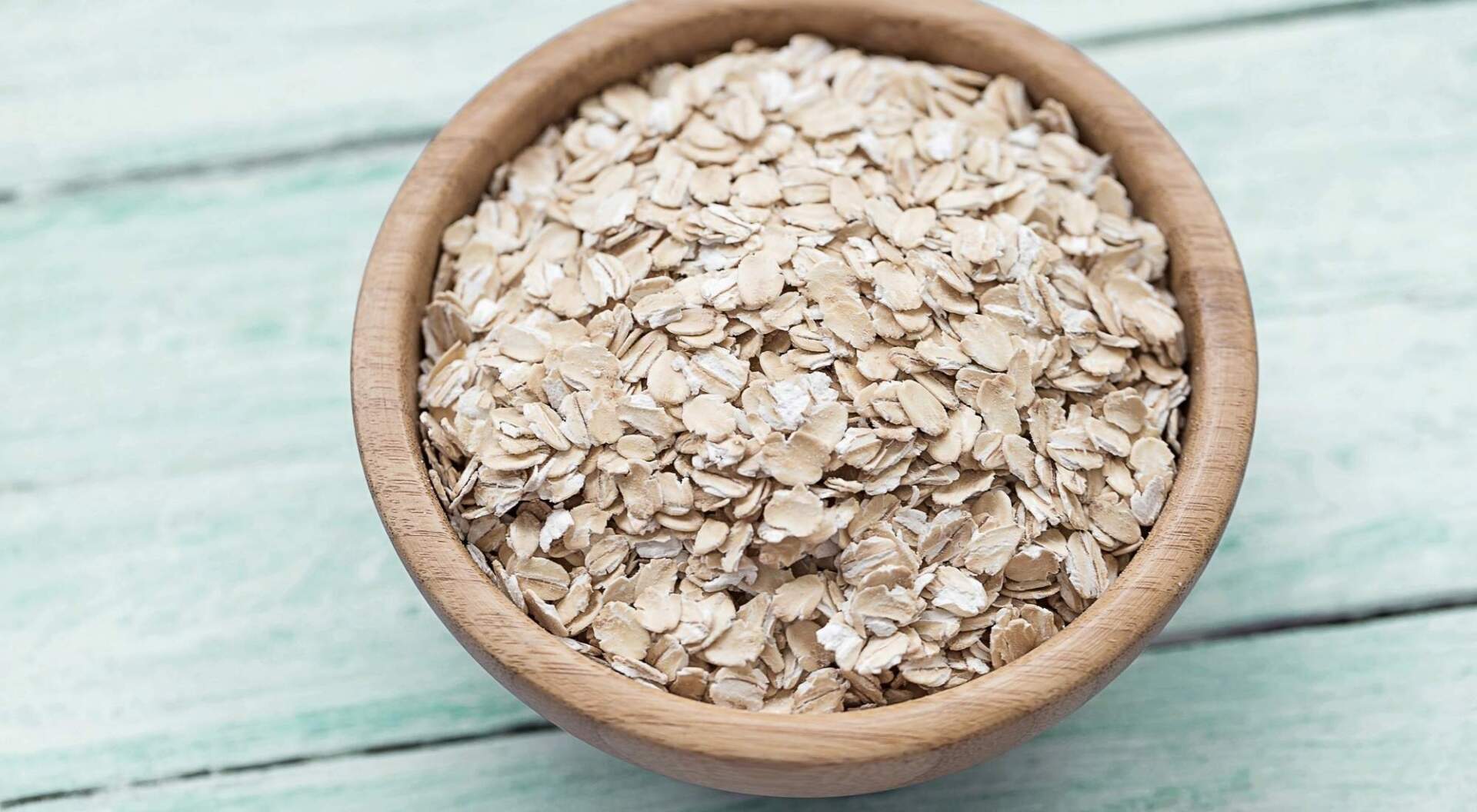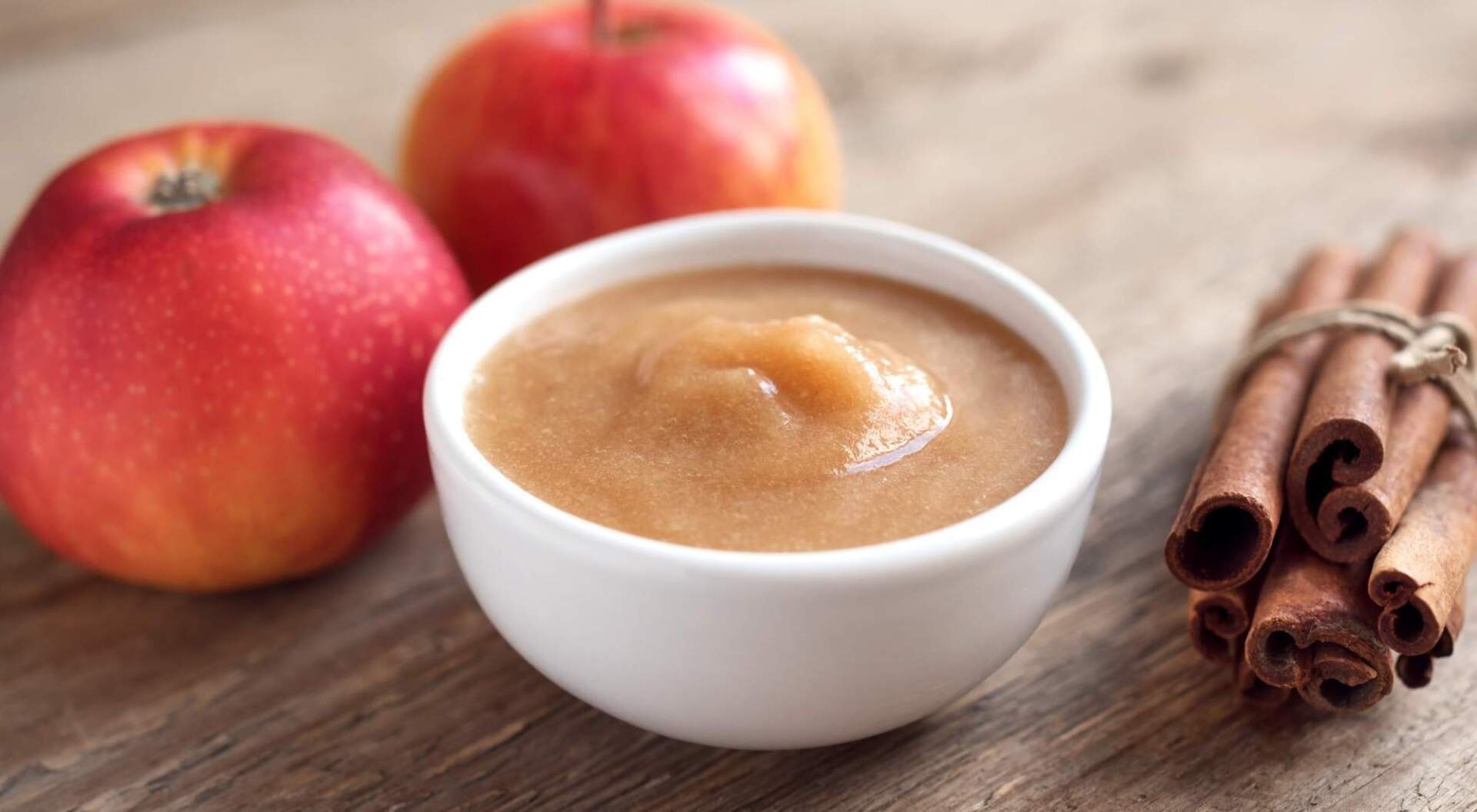Ulcerative Colitis Nutrition Guide: Eating to Ease Your Symptoms
"The content below is not intended to be a substitute for professional medical advice, diagnosis, or treatment. Always seek the advice of your physician or other qualified health provider with any questions you may have regarding a medical condition."
You’re at a family gathering, staring at a large pot-luck dinner. You begin to panic. There are meats, vegetables, desserts, and so much more — where should you begin?
For someone with ulcerative colitis, this is a tricky situation.
Not all foods are ulcerative colitis friendly, so which do you put on your plate?
When you know which foods to eat — and when to eat them — you will feel much more comfortable and confident making your plate.
In this article, you will learn:
- Foods to eat with ulcerative colitis
- Foods not to eat with ulcerative colitis
- Ulcerative colitis nutrition tips
- And much more
Table of Contents
- Can Diet Help Ulcerative Colitis?
- 3 Ulcerative Colitis Nutrition Must-Haves
- Ulcerative Colitis Nutrition: What to Eat and When
- What Foods Should Be Avoided With Ulcerative Colitis?
- 3 Ways to Identify Food Triggers and Stay on Track
- 3 Ulcerative Colitis Nutrition Tips
- HealthierU: Nutrition Response Testing for Ulcerative Colitis Nutrition
Can Diet Help Ulcerative Colitis?
Research has shown diet can help manage the symptoms of ulcerative colitis.
Paying attention to your diet is crucial if you have ulcerative colitis. The foods you eat do not cause the disease, but can prevent flare-ups.
Diets for ulcerative colitis are not one size fits all — each patient requires a different nutritional recommendation.
Are you suffering from ulcerative colitis and want to know what's causing it? HealthierU's number one mission is to help you feel better. Through Nutrition Response Testing’s non-invasive method, we identify which body systems aren't functioning correctly and find nutritional solutions.
Patients may begin seeing results through nutrition and lifestyle changes in as little as 4-6 weeks.
Are you interested in learning more? Please contact us today.
3 Ulcerative Colitis Nutrition Must-Haves
Nutrition is vital in managing ulcerative colitis symptoms, and people with this condition must follow a balanced diet and consume enough nutrients.
Foods to eat if you have ulcerative colitis include the following.
#1: Protein
Inflammation caused by ulcerative colitis increases your body's protein requirements. Protein deficiency can damage your body's ability to heal and may lead to muscle loss.
There are many foods rich in protein, including:
- Meats
- Fish
- Eggs
- Milk
- Cheese
- Yogurt
- Tofu
- Soy milk; and
- Other products made from soybeans
#2: Dietary Fiber
Fiber is an essential component of a balanced, healthy diet. In addition to providing energy for your colon, fiber also helps regulate cholesterol levels.
You do not need to limit your dietary fiber intake if you have ulcerative colitis. In addition, you do not need to eat more than the recommended daily amount of fiber.
Some fiber-rich foods include:
- Whole wheat pasta
- Barley
- Chickpeas
- Edamame
- Lentils
- Berries
- Pears
- Artichoke hearts; and
- Brussels sprouts
#3: Vitamins and Minerals
It is essential to have calcium and vitamin D in your diet to maintain healthy bones.
It is common for adults not to get enough calcium and vitamin D, but people with ulcerative colitis are at greater risk if they avoid dairy products.
A few other vitamins and minerals to be aware of are:
- Folic Acid
- Magnesium
- Zinc; and
- Iron
Ulcerative Colitis Nutrition: What to Eat and When
There are three stages of ulcerative colitis nutrition:
- Foods to eat if you have ulcerative colitis
- Foods to eat during a flare-up; and
- Foods to eat during remission
Take a closer look at what to eat at these different stages of nutrition.
Foods to Eat if You Have Ulcerative Colitis
To be proactive, it’s always best to ensure you receive appropriate nutrition if you have ulcerative colitis.
Ulcerative colitis patients need a diet rich in:
- Potassium
- Folate
- Magnesium
- Calcium; and
- Iron
A person with ulcerative colitis can choose from several healthy food options, such as:
- Applesauce
- Salmon
- Squash
- Avocados
- Refined grains
- Fruit
- Eggs; and
- Plenty of fluids
Foods to Eat During an Ulcerative Colitis Flare-Up
When having a flare-up, you might want to consider a low-residue or low-fiber diet.
Diets like these are designed to reduce the amount of fiber and residue — or undigested remains of fiber and other foods — that pass through your digestive system and cause possible bowel irritation.
While these diets are not intended for long-term use, they can help the bowel heal during active flare-ups.
Some foods that can be eaten as part of a low-residue diet are:
- White bread
- Refined cereals
- White rice and pasta
- Cooked vegetables
- Lean meat
- Fish; and
- Eggs
Foods that can be eaten as part of a low-fiber diet include:
- Tender cuts of meat
- Ground meat
- Tofu
- Fish and shellfish
- Smooth peanut butter; and
- Eggs
Make sure you talk to your care team before starting a low-residue or low-fiber diet.
Foods to Eat During Remission
The importance of maintaining a healthy diet, even in remission, cannot be overstated.
Keeping the following in mind is essential:
- Slowly introduce new foods.
- Stay hydrated with water, broth, tomato juice, and rehydration solutions.
- Be sure to consult your doctor before making any dietary changes.
Staying hydrated and healthy can be achieved by eating the following foods:
- Fiber-rich foods
- Protein
- Fruits and vegetables
- Calcium-rich foods; and
- Foods with probiotics
What Foods Should Be Avoided With Ulcerative Colitis?
Individual diets vary because not everyone reacts the same way to a particular food, but food selection seems to affect when symptoms flare.
A few foods to avoid include:
- Lactose
- Non-absorbable sugar
- Sugary foods
- High-fat foods
- Alcohol; and
- Caffeine
Following are some tips for identifying food triggers and staying on track.
3 Ways to Identify Food Triggers and Stay on Track
Keeping ulcerative colitis under control and reducing complications is possible with a few key steps.
#1: Keep a Food Diary
You can keep a food diary to track what and when you eat. Some foods may help you tolerate your symptoms, while others may worsen them.
A food diary can help flag the offenders and zero in on foods that help keep the peace in your colon.
Don’t eliminate entire food groups from your diet without consulting your doctor, as you may not be getting the vitamins and minerals you need.
The best way to spot foods that cause problems is to try only one type a day when adding new foods.
#2: Create a Meal Plan
Having a meal plan is always the best way to stay on track.
It’s important to choose nutrient-rich foods, so take the time to plan when you will eat.
Additionally, when meal planning, pay attention to calorie intake. It is possible to lose weight quickly and become malnourished if you eat too little.
Meal plans should include calorie counts and the foods which are appropriate for you to eat.
#3: Prep Your Meals in Advance
To stay on track, prepare everything in advance as much as possible.
If you don't prepare beforehand, you're more likely to make quick (and often inappropriate) decisions when you're hungry or thirsty that may lead to a flare-up.
You may have to spend a couple of hours planning your meals and reading nutrition labels, but you'll save tons of time throughout the week.
The following tips can be helpful:
- Bulk-buying ingredients
- Batch cooking
- Preparing your meals in advance, then freezing or refrigerating them for easy reheating
Ulcerative colitis already requires much care and thought, and these steps will make food preparation easier.
At HealthierU, Dr. Donna Sergi uses Nutrition Response Testing and individualized nutrition therapy to help identify food triggers and keep you on track with good nutritional choices.
Contact us today to find out how we can help you combat ulcerative colitis symptoms.
3 Ulcerative Colitis Nutrition Tips
Although ulcerative colitis isn't thought to be caused by a specific diet, certain dietary changes can help control it.
Following are some examples of these changes.
#1: Eat Smaller Meals More Often
You may have eaten two or three large meals per day before being diagnosed with ulcerative colitis. The intestines must work hard to handle digesting large meals. Those who have ulcerative colitis often find it easier to tolerate smaller meals.
Instead of eating three large meals daily, eat five small ones every three to four hours.
This will give your bowels time to digest the food you eat, and you may find your symptoms have been reduced.
#2: Stay Hydrated
Fluid loss is often caused by diarrhea during ulcerative colitis flares.
When it comes to replenishing fluids, water is your best choice, but there are a few other safe options, including:
- Broth
- Tomato juice; and
- Rehydration solution
Be mindful of what you drink because it is possible to make symptoms worse by drinking beverages that are:
- Sugary
- Carbonated
- Alcoholic; or
- Caffeinated
When drinking, instead of gulping, sip your beverage. Gulping introduces air to the digestive system, which can be uncomfortable.
To know if you are properly hydrated, urine should be clear to light yellow.
#3: Use Simple Cooking Methods
According to nutritionists, the best cooking methods for those suffering from ulcerative colitis include:
- Boiling
- Poaching
- Steaming; or
- Grilling
The discomfort associated with ulcerative colitis may be significantly reduced by choosing these simply cooking methods.
HealthierU: Nutrition Response Testing for Ulcerative Colitis Nutrition
The human body is an amazing machine. Negative symptoms are your body's way of telling you something is wrong.
Dr. Sergi uses a two-pronged approach to help her patients regain their health and well-being.
Among Dr. Sergi's strategies are Nutritional Response Testing and chiropractic care. These natural healing methods can help uncover the causes of your symptoms to help you find healing.
For a complimentary consultation, contact
HealthierU today.






